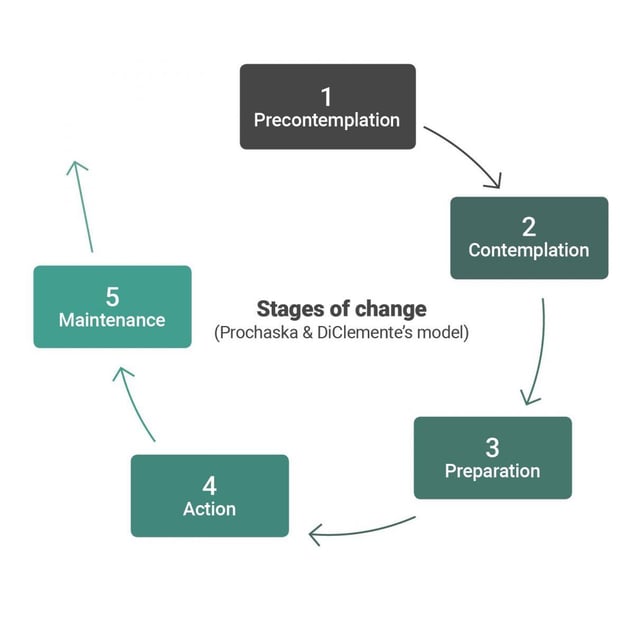Toolkit
Structuring toolkits based on credible references.



Global-Watch offers a series of 6 innovative tools on change management in the context of psychosocial risk prevention in the workplace.

For the use of well-being, quality of work life, prevention, physical and psychological health standards

Marie-Claude Pelletier, President and Founder of Global-Watch, and France St-Hilaire, Associate professor, Human Resource Management, Université de Sherbrooke and Scientific director of Global-Watch ...

Collecting information from your employees must contribute to the reflection to identify actions to implement. You thus avoid carrying out actions only by intuition or out of interest. In fact, ...

Video capsule with Dr. Bérengère Petit-LeToumelin, occupational health services coordinating doctor at BNP Paribas

4 Tools Developed to Help Organizations Promote a Healthy Work Climate. Aimed as much at Human Resources Managers as to employees.